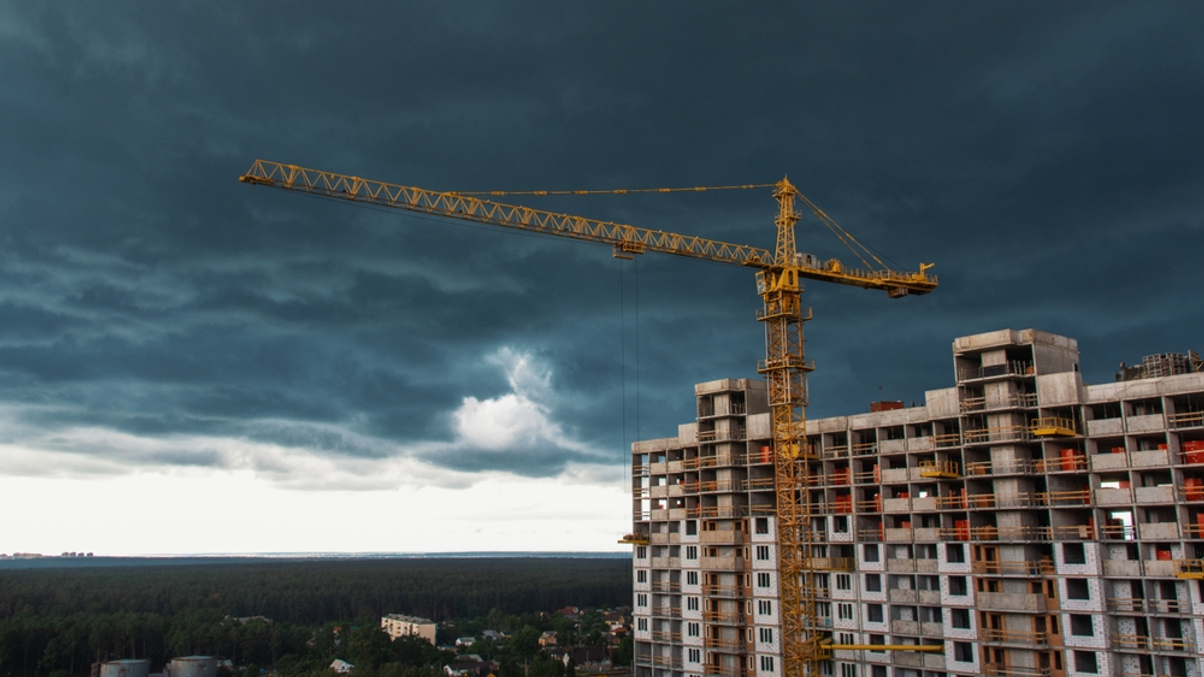China property crisis: Financial collapse fears are overblown
With Country Garden and Zhongzhi in distress, institutional investors and economists explain why they don’t foresee a financial crisis.

As Chinese property giant Country Garden teeters on default and trust provider Zhongrong fails to repay products, some investors and economists say talk of a systemic financial collapse is an overreaction.
Sign in to read on!
Registered users get 2 free articles in 30 days.
Subscribers have full unlimited access to AsianInvestor
Not signed up? New users get 2 free articles per month, plus a 7-day unlimited free trial.
¬ Haymarket Media Limited. All rights reserved.


